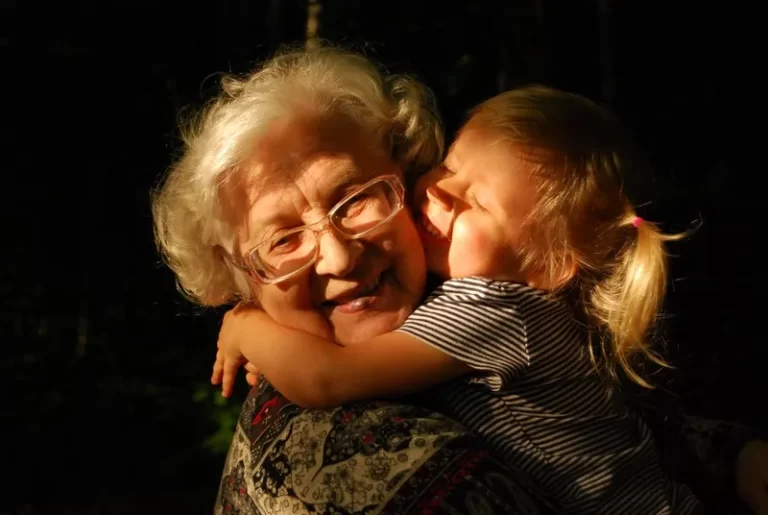Table of Contents
- The Family and the Reproduction of Labor Power
- The Maintenance of Class Inequalities
- Zaretsky’s Work on Families and Capitalism
- The Family as a Site of Resistance
- Conclusion
The Marxist perspective on families offers a critical analysis of the family as an institution that plays a central role in the reproduction of labor power and the perpetuation of class inequalities. Marxist sociologists argue that the family, rather than being a purely private or neutral sphere, is deeply embedded within the structures of capitalism. The family is seen as a key mechanism through which the capitalist system is sustained, as it reproduces both the workforce and the social relations necessary for the continuation of capitalism. This article will explore the Marxist view of the family, focusing on its role in reproducing labor power and maintaining class inequalities, and will include a discussion of Eli Zaretsky’s influential work on families and capitalism.
The Family and the Reproduction of Labor Power
From a Marxist perspective, one of the primary functions of the family is the reproduction of labor power. Labor power refers to the capacity of individuals to work and produce goods and services, which is essential for the functioning of a capitalist economy. The family plays a crucial role in this process by ensuring the biological and social reproduction of the workforce. This includes not only the physical reproduction of children but also the socialization of those children into the norms, values, and behaviors required for their future roles as workers.
In the traditional nuclear family, women have often been responsible for the bulk of this reproductive labor, including bearing and raising children, providing emotional support, and maintaining the household. This unpaid domestic labor is essential for the daily renewal of the labor force, as it ensures that workers are cared for, rested, and ready to return to work. Marxist feminists argue that this unpaid labor is a form of exploitation, as it benefits the capitalist system by reducing the costs of reproducing the labor force, while women receive no direct compensation for their work.
The family, therefore, is not just a site of personal relationships but a crucial institution in the economic structure of capitalism. By providing the next generation of workers and maintaining the current workforce, the family supports the continuation of capitalist production. This perspective highlights how the private sphere of the family is intimately connected to the public sphere of the economy, and how family life is shaped by broader economic forces.
The Maintenance of Class Inequalities
In addition to reproducing labor power, the family also plays a significant role in the maintenance of class inequalities. Marxists argue that the family contributes to the reproduction of class structures by passing on economic, social, and cultural capital from one generation to the next. This process ensures that class positions are maintained over time, with wealth, power, and privilege being concentrated in the hands of a few, while the majority remain in subordinate positions.
Within capitalist societies, families often reproduce existing class structures through the inheritance of property and wealth. Wealthy families are able to pass on their assets to their children, providing them with significant advantages in terms of education, housing, and social connections. This transfer of wealth helps to maintain class distinctions, as the children of wealthy families are more likely to remain in the upper classes, while those from working-class families have fewer opportunities to advance.
The family also plays a role in the socialization of children into the norms and values of their class. Children learn from their parents the behaviors and attitudes that are expected of them based on their class position. For example, working-class children may be socialized to accept a life of hard work and limited opportunities, while middle- and upper-class children may be encouraged to pursue higher education and professional careers. This process of socialization reinforces class identities and ensures that class boundaries are maintained.
Zaretsky’s Work on Families and Capitalism
Get the full article AD FREE. Join now for full access to all premium articles.
View Plans & Subscribe Already a member? Log in.





